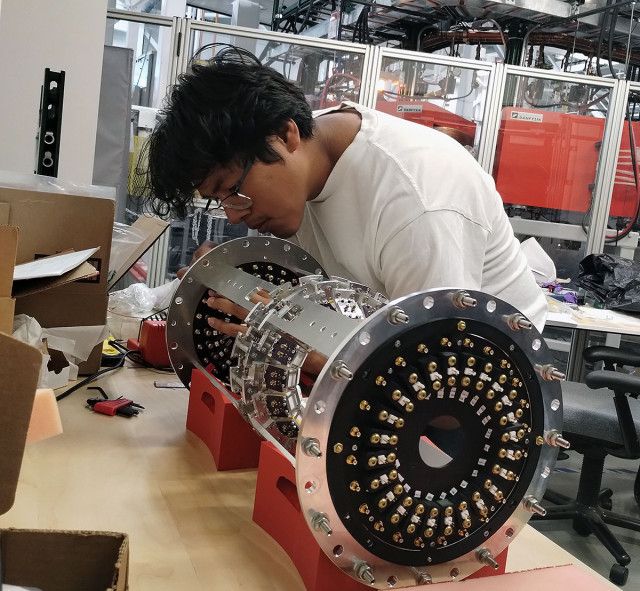Wittenberg President Michael L. Frandsen, Ph.D., is currently serving on the advisory group of the Association of Governing Boards of Universities and Colleges, where he and his colleagues are working on a collaborative project examining the board’s role in overseeing institutional business models.
Bringing together representatives of four organizations, including the Association of Governing Boards of Universities and Colleges (AGB), the Council of Independent Colleges (CIC), the National Association of College and University Business Officers (NACUBO), and Baker Tilly (a corporate partner of AGB and NACUBO), along with an advisory group of presidents, board members, and chief financial officers from among membership organizations, the group is working together to address the challenges of productive working relationships among board members, the president, and college and university administrators, so as to develop more successful and sustainable business models for small colleges.
The group met virtually on Monday, July 11, to discuss what the most serious challenges facing the higher education business model, the strategic levers that need to be modified or transformed to create a long-term sustainable business model, and why institutions fail to achieve institutional transformation. Part of the discussion also focused on what tools and skillsets leadership must have to understand the challenges facing their institution, what processes need to be followed to succeed, and how can finance areas support the institution. The meeting included 17 members of the advisory group and 10 members of the project team.
Following the meeting, the Governing Board’s author will develop a draft paper for review by the advisory group and further discussion during a second meeting focusing on the deliverables for this project. The collaboration will serve to educate, inform, and inspire boards, presidents, and chief financial officers to collaborative action through a multimedia suite of resources. These resources will equip leaders with the information and processes required to oversee necessary change or strategic transformation of the business model. By partnering with their boards, leadership teams can stimulate transformative mindsets that can ensure long-term, favorable reputations and student success outcomes in a financially sustainable manner.






